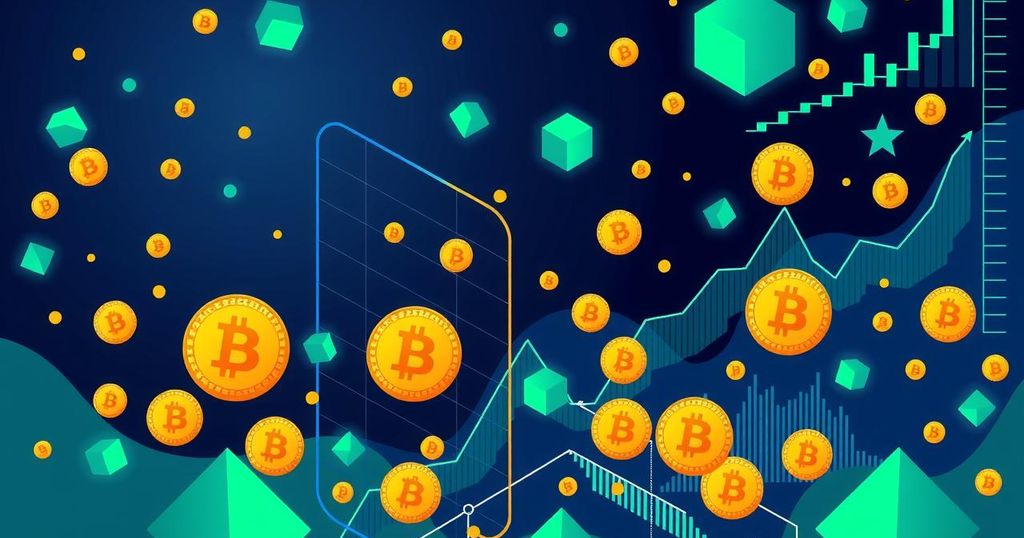Bitcoin Exchange Outflows and Whale Activity Signal Market Trends
Bitcoin exchange outflows have reached significant levels, indicating a strong trend of selling among retail investors while whales are actively purchasing Bitcoin. Exchange balances have plummeted to multi-year lows, with larger entities increasing their holdings despite market volatility. Key stakeholders continue to dominate Bitcoin supply amidst these trends, reflecting a potential re-accumulation as prices fluctuate.
Bitcoin exchange net flows have reached their most negative point since the onset of the 2023 bull market, with a 100-day simple moving average indicating significant outflows. This trend aligns with a broader decline in exchange balances, which are currently at multi-year lows. Notably, while retail investors exhibit signs of panic selling, larger entities, or ‘whales’, are increasingly purchasing Bitcoin (BTC).
Recent data from CryptoQuant suggests that the average net flow of Bitcoin from exchanges has hit a two-year record, indicating a strong outflow trend. As of early April, exchange reserves dwindled to approximately 2.535 million BTC—a decrease of over 7% from the beginning of the year. This outflow indicates a higher demand for holding BTC rather than selling it on exchanges.
Although BTC prices are notably higher than at the start of 2023, the current user demand on exchanges mirrors the initial stages of a bull market. Notably, larger Bitcoin holders, particularly those with balances between 1,000 to 10,000 BTC, have been active in accumulating Bitcoin throughout April.
Market analysts have observed that during price declines, whales tend to buy amidst retail panic. Furthermore, stakeholder wallets, containing between 10 and 10,000 BTC, currently hold about 67.77% of Bitcoin’s total supply. Since March 22nd, these key stakeholders have accumulated an additional 53.6K BTC, reinforcing the trend of accumulation amid market volatility.
Disclaimer: This article does not offer investment advice. All trading and investment activities carry risks and should be approached with caution and extensive research.




Post Comment